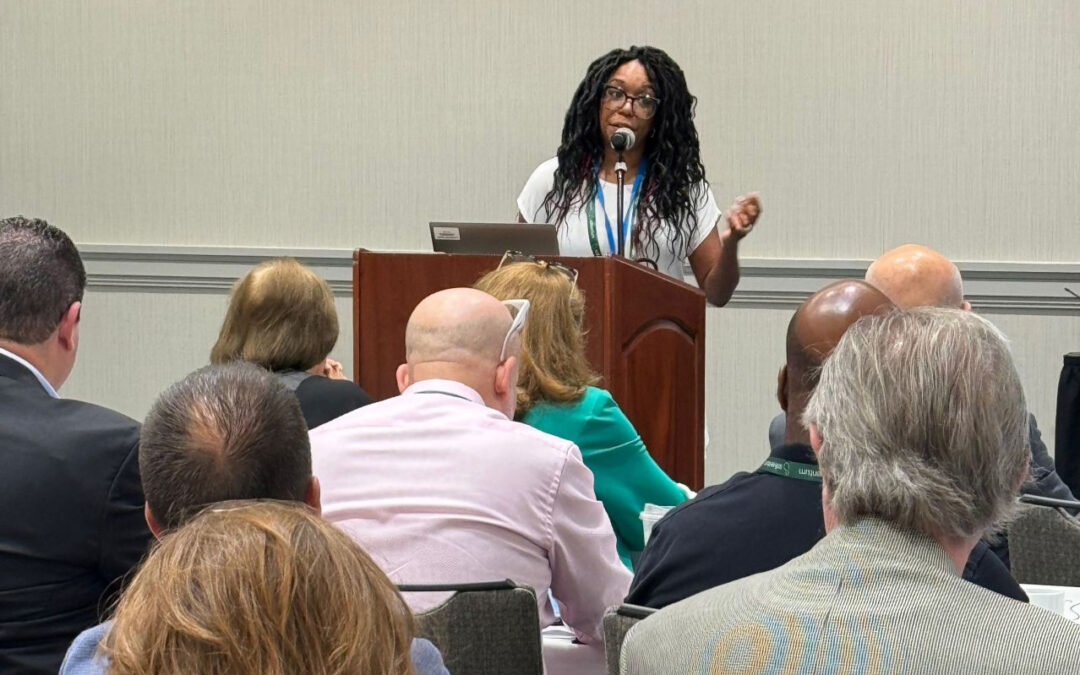At the recent SAWC, the Alliance of Wound Care Stakeholders hosted Dr. Anitra Graves, the Medical Director for First Coast. Dr. Graves gave a fantastic presentation on the use of real-world data in Medicare coverage policy. I thought I’d provide some of the notes that I took. I was writing fast, so if there are errors, they are mine and not Dr. Graves’.
My Notes on the Role of Real-World Evidence in Coverage Policy by Dr. Anitra Graves
- Real world evidence (RWE) can refine the payer’s understanding of a therapeutic intervention
- RWE can serve to help prioritize needs
- Identify clinical demand for a technology
- Identify potentially high-impact technologies
- Show gaps in coverage policy
- Identify broad clinical demand for a treatment
- Dr. Graves emphasized “PICO” elements that are needed to evaluate RWD
- Population
- Intervention
- Comparators
- Outcome
- RWE can provide information on the patterns of “off-label” product use
- Data on off-label use can trigger the development of Local Coverage Determinations (LCDs) to define appropriate clinical use
- RWE can identify underserved populations, particularly rural communities, and areas where there are “medical deserts”
- RWE can characterize unintended consequences, particularly for underserved populations
- Major concerns for real world data (from the perspective of the MAC and coverage policy):
- Risk of bias (e.g., patient selection bias in the collection of data, variations in the provision of care which impact outcome, potential bias in the reporting of outcomes, possible inherent bias in manufacturer sponsored studies)
- Effect size – generally a study with less than 100 patients may be too small to draw reliable conclusions
- It is important to Medicare that any study using real-world data is applicable to the Medicare population
- “Upgrading” of the value of observational studies (in the context of coverage policy) can happen when there is a high likelihood that the effect is real:
- When the effect size is large (moderate is an RR >2 but < 0.5; large is an RR>5 and <0.2)
- When there is a dose response curve
- When all possible cofounders are reduced or eliminated
Dr. Graves emphasized that “every data element has its role,” and that information from RWE can be used as long as there is an understanding of its “proper domain.” She stated that the MAC may use real world data (data that was not collected from an RCT) in specific circumstances such as in a population or indication in which an RCT is not feasible, particularly if all cohorts appear to show the same sort of impact. RWE can also play a role in evaluating safety and efficacy over time – as data on opioid use began to demonstrate that there were serious safety issues which were not identified in (the relatively short) prospective trials. I am paraphrasing her words here – but she emphasized that RWE can be useful to understand the effectiveness of treatments among patients with major comorbidities (which are common among Medicare patients). The value of RWE is improved when literature shows that it is possible to extrapolate from one patient population to another. Also, the need for and reliance on RWE may increase if the availability of data from prospective trials begins decreases (as may happen in an era of funding changes).
I paraphrased some of Dr. Grave’s comments so if there are areas in which I failed to capture her meaning, the fault is mine. However, as someone whose entire career has been focused on how we might make prospective clinical trials more generalizable – or alternatively, make real world data more reliable, it was a victory just listening to a MAC Medical Director discuss the potential value of RWE in coverage policy. I do not know whether we will see changes in coverage policy based on real world evidence, but at least there is conversation about its role.
Caroline

Dr. Fife is a world renowned wound care physician dedicated to improving patient outcomes through quality driven care. Please visit my blog at CarolineFifeMD.com and my Youtube channel at https://www.youtube.com/c/carolinefifemd/videos
The opinions, comments, and content expressed or implied in my statements are solely my own and do not necessarily reflect the position or views of Intellicure or any of the boards on which I serve.



